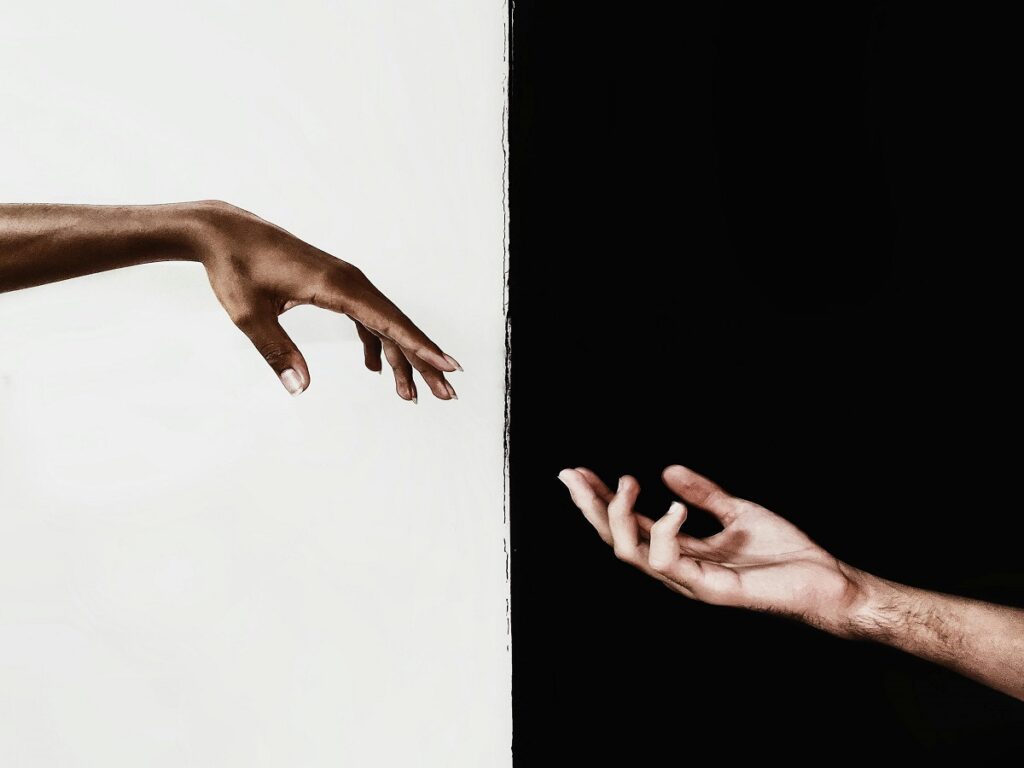Dating has always been surrounded by advice, assumptions, and half-truths passed down through generations. While technology has reshaped how people meet, many still hold on to myths that quietly sabotage their chances at love. These beliefs, often rooted in outdated social norms or fear of vulnerability, can prevent genuine connections from forming. This article breaks down seven common dating myths that continue to keep people single, exposing the truth behind them and encouraging a more authentic approach to relationships.
1. The Myth That There’s Only One Soulmate

Many people grow up believing there’s just one perfect person destined for them. This romantic notion often leads individuals to dismiss great matches who don’t immediately feel ‘fated.’ In reality, compatibility grows through shared values, communication, and emotional maturity. Believing in only one soulmate can make dating stressful and limit opportunities to build something real with someone who fits your life naturally. This misconception often shapes modern dating behaviors without people realizing it. In recent years, many relationship experts have worked to debunk this outdated belief.
2. The Myth That Love Should Be Effortless

The idea that true love should ‘just happen’ without effort keeps many from nurturing healthy relationships. While chemistry matters, lasting connections require work, understanding, compromise, and patience. When people expect perfection without effort, they may give up too early. In truth, love deepens when both partners invest emotionally and practically to sustain their bond over time. Psychologists note that this idea can keep people emotionally distant or overly idealistic. Understanding this helps people form more realistic expectations about love and connection.
3. The Myth That Playing Hard to Get Works Best

Some still believe that appearing uninterested makes them more attractive. While mystery can spark curiosity, pretending not to care often backfires. Genuine communication builds trust faster than mind games ever could. Authenticity shows confidence, while emotional distance can lead to misinterpretation or missed chances for a deeper connection. Being real from the start is far more appealing. This misconception often shapes modern dating behaviors without people realizing it. Psychologists note that this idea can keep people emotionally distant or overly idealistic.
4. The Myth That Online Dating Is Desperate

Despite its popularity, online dating still carries a stigma in some circles. Many think it’s only for those who can’t find love’ offline. Yet, in reality, digital platforms have connected millions across backgrounds and lifestyles since the early 2000s. Meeting online is now as normal as meeting at work or through friends. Dismissing it out of pride limits meaningful possibilities. In recent years, many relationship experts have worked to debunk this outdated belief. Understanding this helps people form more realistic expectations about love and connection.
5. The Myth That Opposites Always Attract

Movies and stories often glorify the idea of complete opposites falling in love. While differences can be exciting, research shows shared values and goals lead to stronger, more stable relationships. Too many differences may cause long-term conflict rather than balance. True compatibility comes from understanding and respecting each other’s core beliefs, not just from contrast. This misconception often shapes modern dating behaviors without people realizing it. Psychologists note that this idea can keep people emotionally distant or overly idealistic.
6. The Myth That Past Relationships Define Future Ones

People often believe their previous heartbreaks or mistakes doom future relationships. However, growth happens through experience. Carrying guilt or fear prevents vulnerability and trust from forming again. A person’s past shapes them, but does not dictate their future. By learning from history instead of fearing it, individuals open the door to healthier love stories ahead. In recent years, many relationship experts have worked to debunk this outdated belief. Understanding this helps people form more realistic expectations about love and connection.
7. The Myth That Independence Means Avoiding Commitment

In modern culture, independence is often celebrated, sometimes to the point of avoiding emotional closeness. Many believe relying on someone else weakens them. In truth, interdependence, where two people support each other while maintaining individuality, creates the strongest partnerships. Love doesn’t erase freedom; it enhances it through mutual respect and shared growth. This misconception often shapes modern dating behaviors without people realizing it. Psychologists note that this idea can keep people emotionally distant or overly idealistic.
Comments